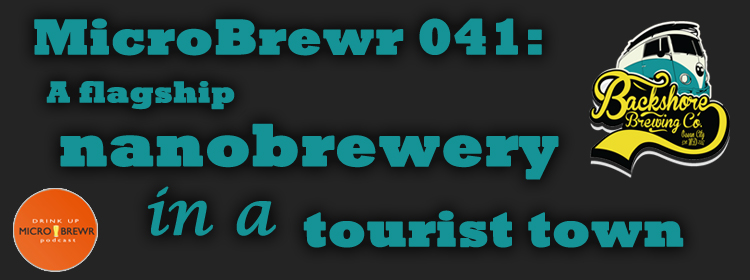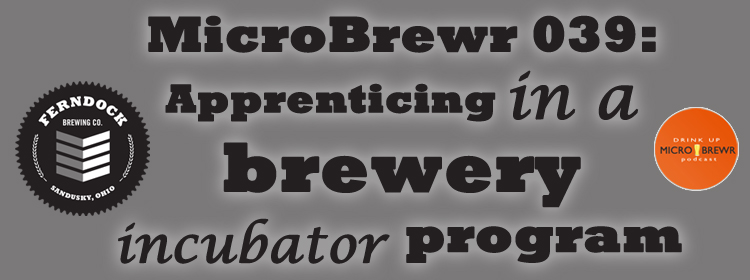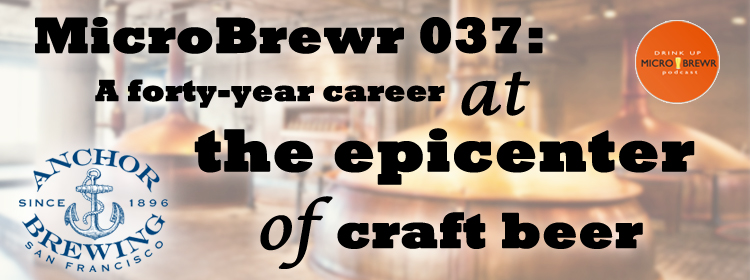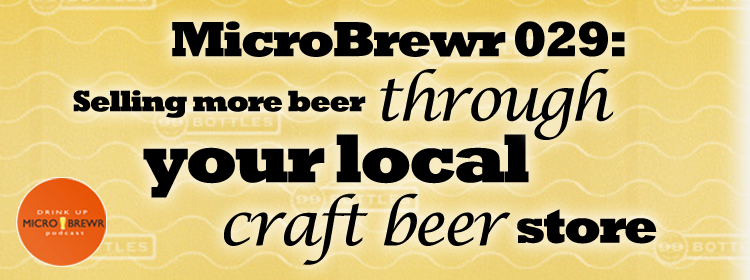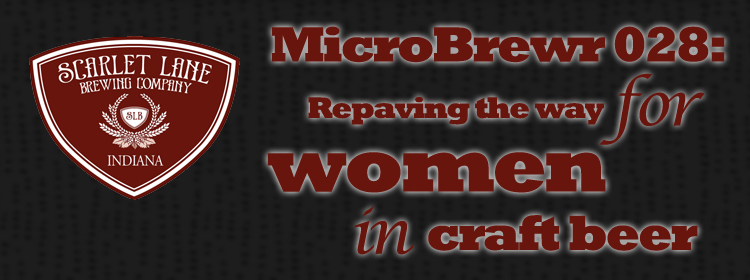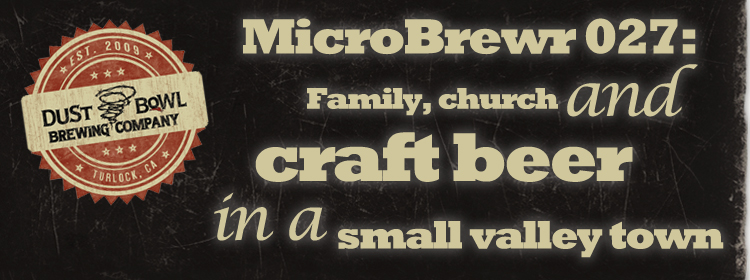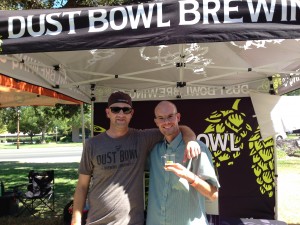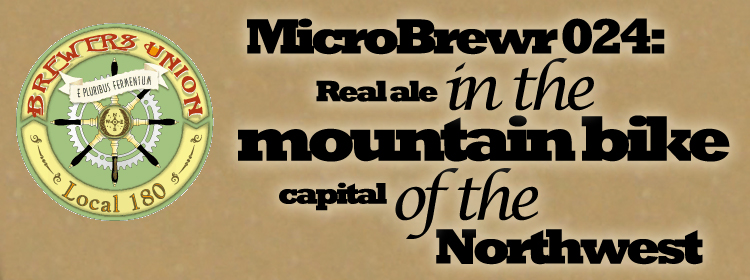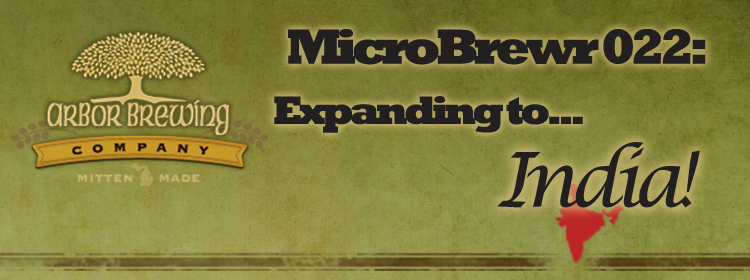MicroBrewr 041: A flagship nanobrewery in a tourist town
Podcast: Play in new window | Download | Embed
Subscribe: RSS
Danny Robinson had the choice of building a giant brewery in the middle of nowhere, or a tiny brewery right on the beach and boardwalk. He chose the later and made Backshore Brewing Co. in Ocean City, Maryland.
“The plan from the beginning was to have this nanobrewery up on the boardwalk, be the flagship of the brand.”
It seems to be working. In a town whose population fluctuates from 3,000 in the winter to 300,000 in the summer, Backshore has a 1-BBL brewhouse and has beer made under contract to meet demand.
I first heard about Backshore Brewing from Alexis Irvin, who spoke with us on MicroBrewr Podcast 040. Check out episode 40 to hear about Blood, Sweat, and Beer documentary and to get a coupon code for 20% off the price when your order a digital download of the movie.
Some of Danny’s advice to others:
- Get really deep with the math.
- Get a mentor and find more mentors.
- Play to your strengths.
- Be honest with yourself, but keep trusting yourself.
- Don’t underestimate the power of packaging and marketing.
Brewery specs:
Kettle size: 1 BBL.
Size and quantity of fermentation tanks: 4, 2-BBL fermenters.
Size and quantity of bright tanks: 2, 2-BBL bright tanks, sometimes used as fermenters.
Annual brewing capacity/last year’s production: Brewed 200 BBL last year, contracted 400 BBL for distribution.
Square footage: 600 sq. ft., with 500 sq. ft deck.
Years in operation: 2.5 years (opened May 2012).
“A business is very different from a hobby.” [Tweet This]
Listener question:
From Federico Nussbaum: How can we find out how many beers to have on tap in the start? How can we find out which styles to serve in our local area?
Book recommendation:
- How to Win Friends & Influence People by Dale Carnegie.
Check out the entire list of recommended books, click here.
An upcoming beer style:
Ciders
Other resources:
- MicroBrewr 040: Keep persevering to get to the end, December 16, 2014.
- MicroBrewr 015: Randal Denver’s advice for a homebrewer who wants to become a professional brewer, June 28, 2104.
- Trademark Electronic Search System (TESS), U.S. Patent & Trademark Office.
You can reach Danny Robinson and Backshore Brewing Co. at:
Support MicroBrewr
Help keep MicroBrewr on the air. CLICK HERE for ways you can help.

